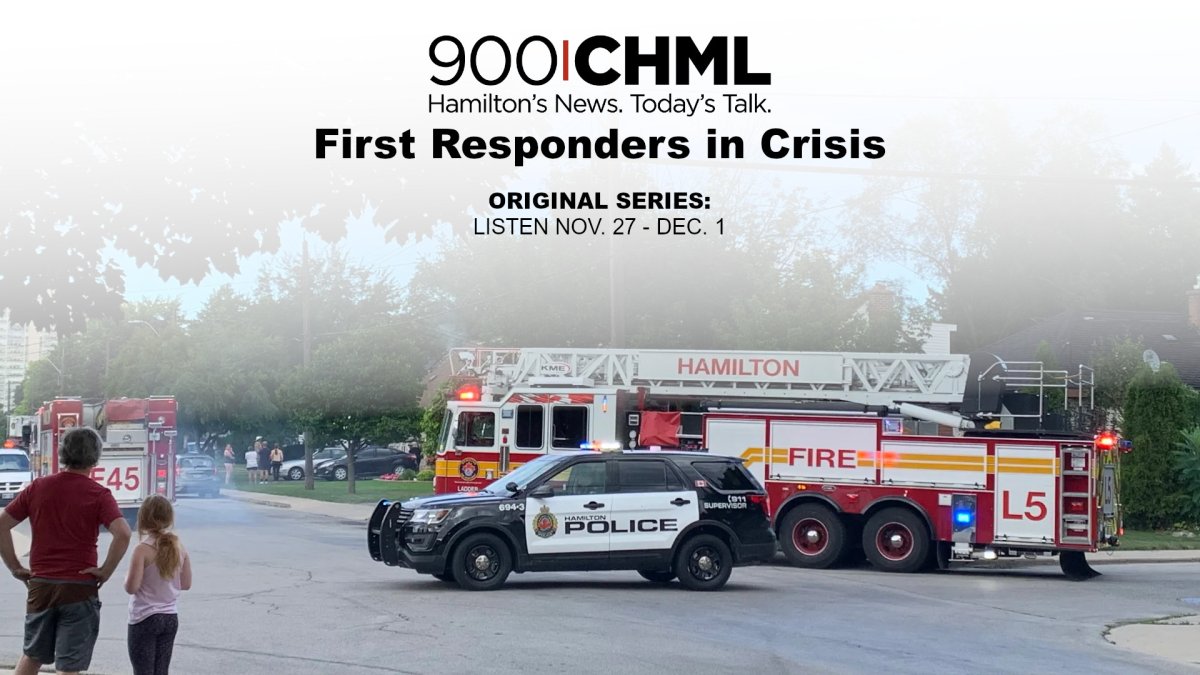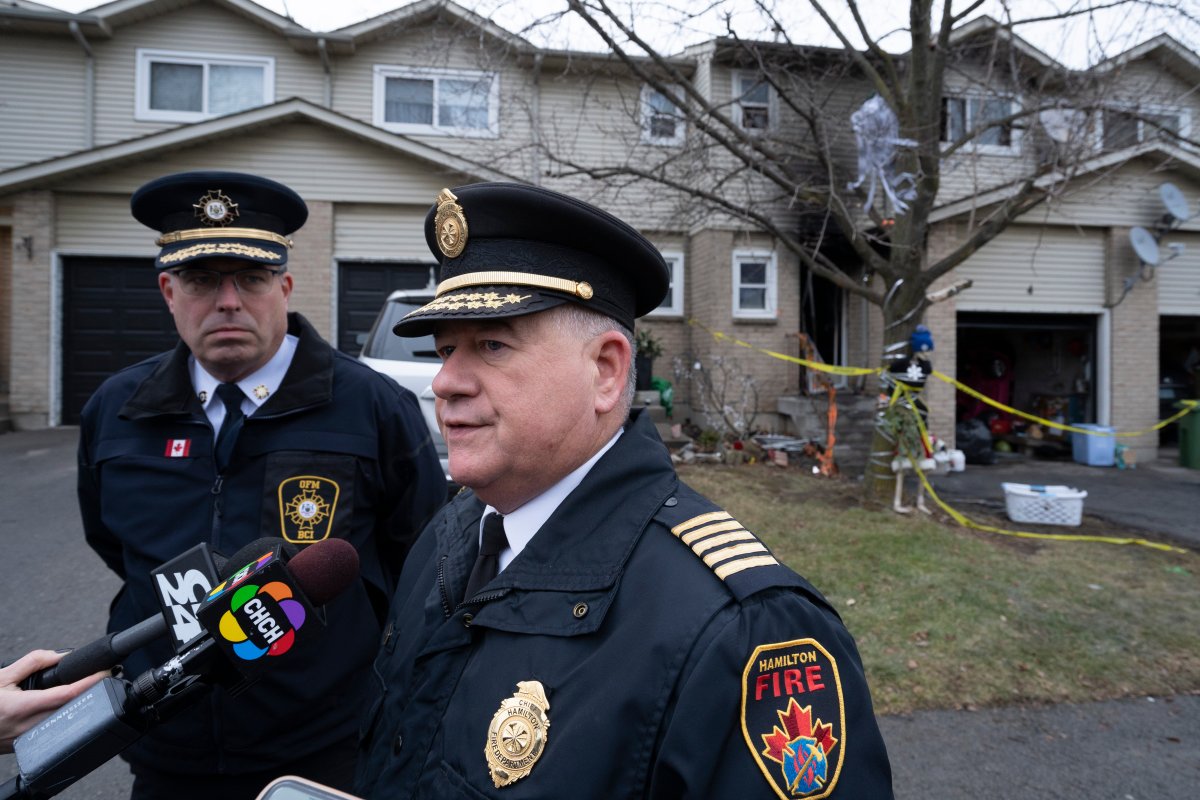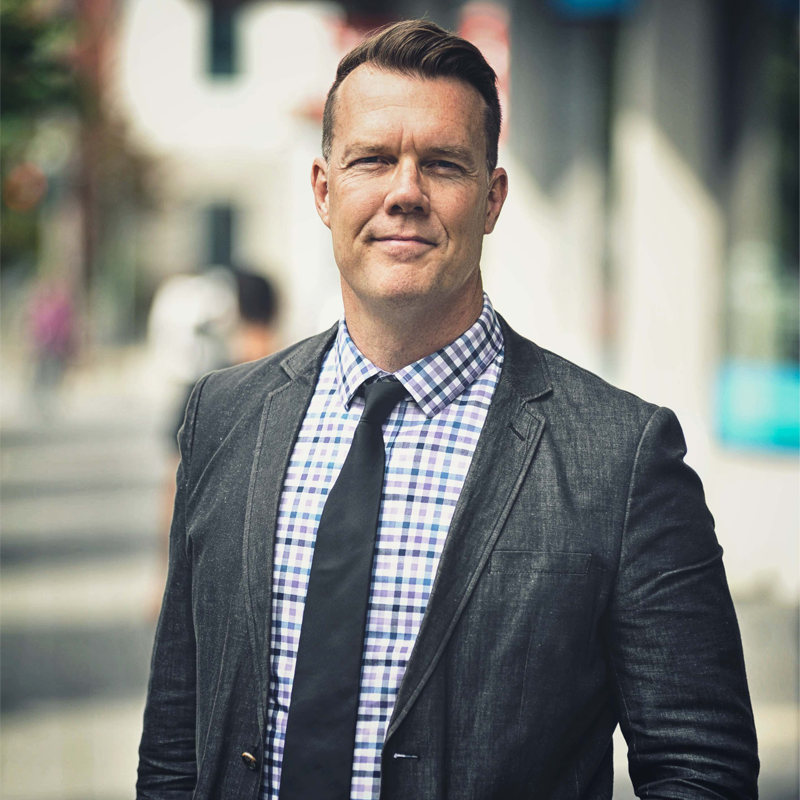Global News is looking at some of the issues that continue to come up concerning mental health and first responders. We’ll explore what’s being done to help first responders and what has changed over the decade.

First responders are often considered heroes in communities across Canada, having the fortitude to do things the rest of us would never imagine doing.
But a look into recent mental health numbers across some emergency service agencies is telling another side to that story.
A survey conducted by the Canadian Police Association in 2020 of some 1,000 officers revealed 35 per cent go to work feeling mentally “unwell, stressed or burnt out,” while 31 per cent work when physically ill, known as “presenteeism.”
“They struggle. I think you’ve heard us say that members are off work struggling, or we have members that come to work and are still struggling,” says Jaimi Bannon, president of the Hamilton Police Association.
“I think it affects quality of service. It can be reflected through less professionalism or the ability not to cope as they go to call after call with no breaks and no support.”
Bannon, who’s head of an agency that represents some 1,200 workers with the Hamilton Police Service (HPS), has been seeking better supports for the mental health of frontline officers.
She called on the HPS in a late October board meeting for an end to a stigma around “mental health illness” by requesting a “fulsome wellness unit” staffed with members who have lived experiences.
Hamilton Police Const. Andrew Leng, a second-generation officer, had an idea of what he would potentially face every day on the job when he took the gig, but says he still ended up turning to unhealthy choices to help him cope.
“For me, the easy out was alcohol,” Leng admits.
“It would start off as innocuous, maybe one or two after a shift working on the mentality ‘that I earned this, I deserve this.'”
Leng, who sought treatment and stopped drinking, says a lot of “situational and vicarious trauma” like responding to two fatalities within an hour and a half of each other, being spat at, being kicked and being punched on a daily basis were tough to deal with.
“Having somebody pull a replica firearm on me, being poked with a needle or having somebody try and run me over. That’s just the tip of the iceberg,” Leng shares.
Aside from trying to escape those memories, a lack of sleep and not eating properly were also bad habits that worked their way into Leng’s routine.
He says alcohol would eventually become an everyday occurrence and that the amounts consumed would be relative to how much he needed to turn his brain off from “intrusive thoughts.”
Leng was off duty for almost half a year in 2016 when he first dealt with post-traumatic stress disorder and his drinking, which included weeks of treatment at a Guelph mental health and addictions facility.
Hamilton Fire Chief Dave Cunliffe says the amount of trauma a typical first responder experiences is simply not something most people identify with.
“We’re responding to things on what is typically people’s worst day, Cunliffe says.
“We are involved and we see things that others just don’t see and it takes its toll.”
Dr. Tim Black, a psychologist with Wounded Warriors Canada, says seeing trauma regularly is just part of the struggle, it’s the cumulative effect that can begin to wear down a first responder.
However, he also says those who’ve worked long careers and been exposed to traumatic events over and over again can be “really good at their jobs” even though their nervous system is being affected.
“Because they’re very good at what they do, they’re highly competent, they’re able to continue working, which means they’re continuing to be exposed to the very thing that can hurt them,” Black suggests.
“Then, eventually, the system just collapses.”
Dr. Tim Black, associate professor of counselling psychology at the University of Victoria, says first responders seeing trauma regularly can have a cumulative effect that leads to a collapse.
Const. Leng likened it to walking into a pool and creating ripples, and if nothing is done to stop them, they grow into huge waves.
Black concurs with Leng’s analogy and the effects the Hamilton officer has experienced, which in extreme cases can also include becoming upset over certain sights or sounds in everyday life.
“The people who are so good at their jobs and just keep getting exposed don’t realize that it’s injuring them until it’s too late,” Black says.






Comments